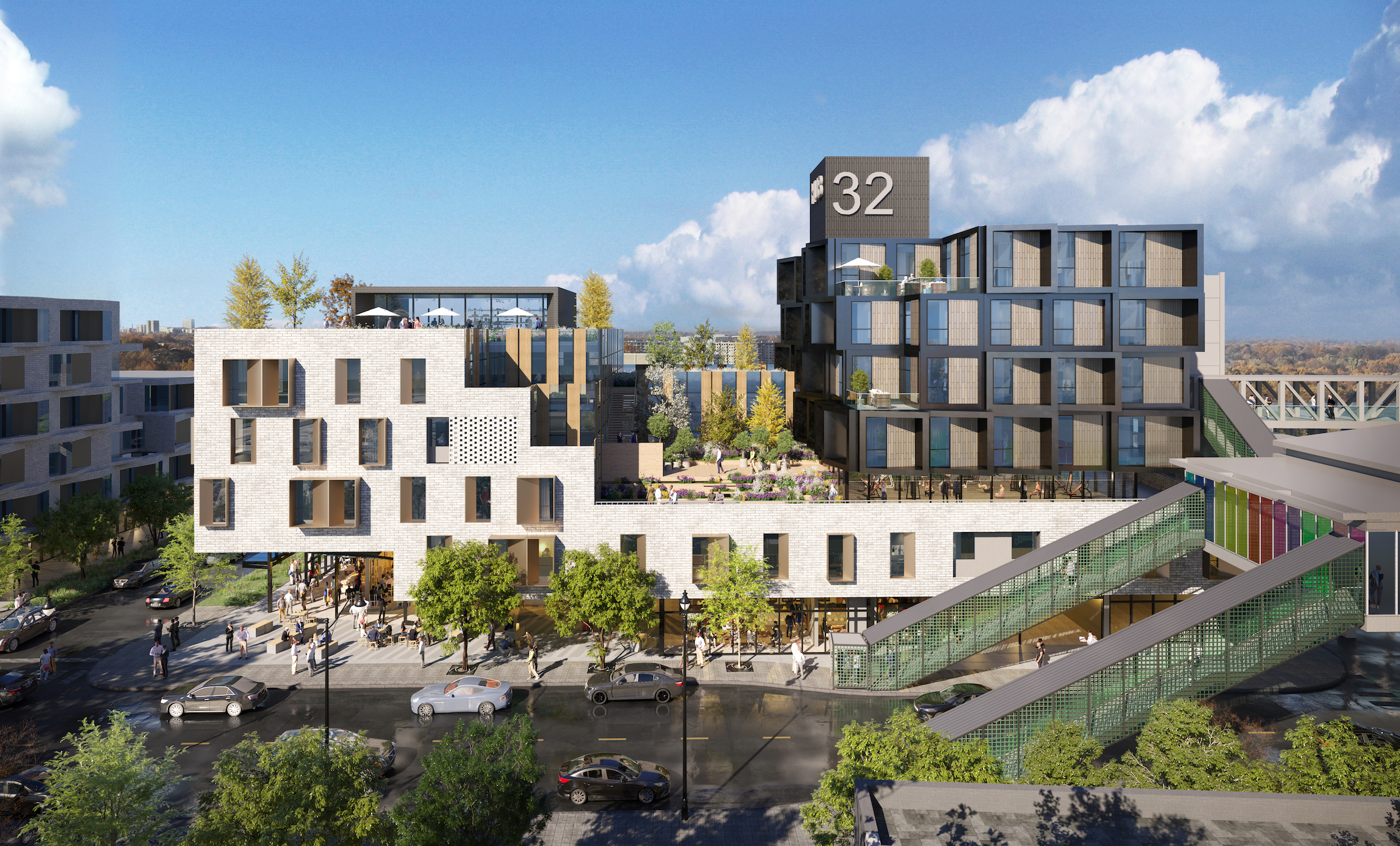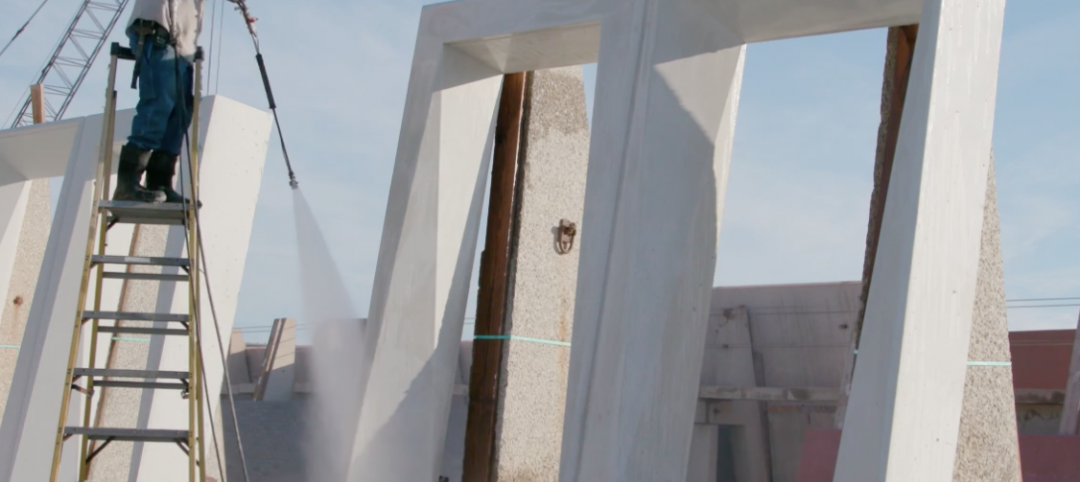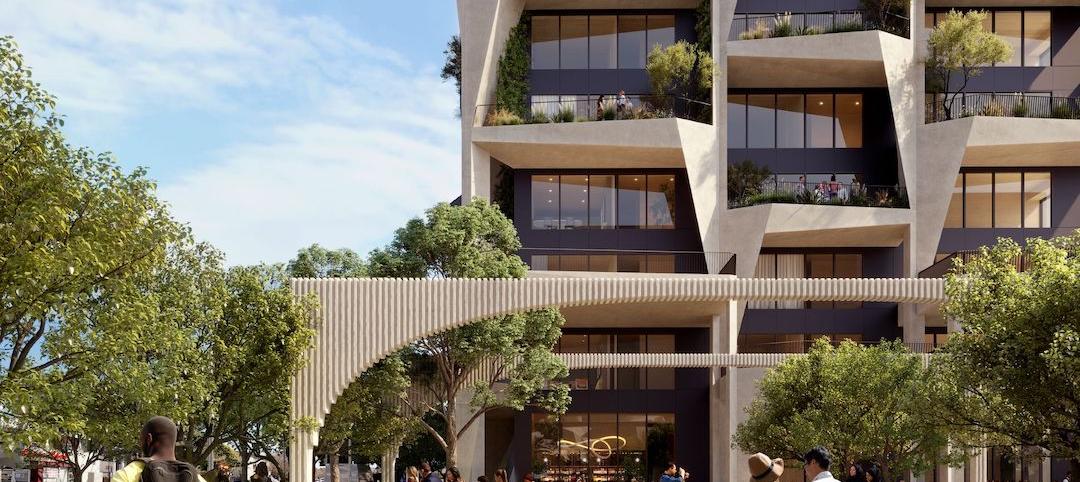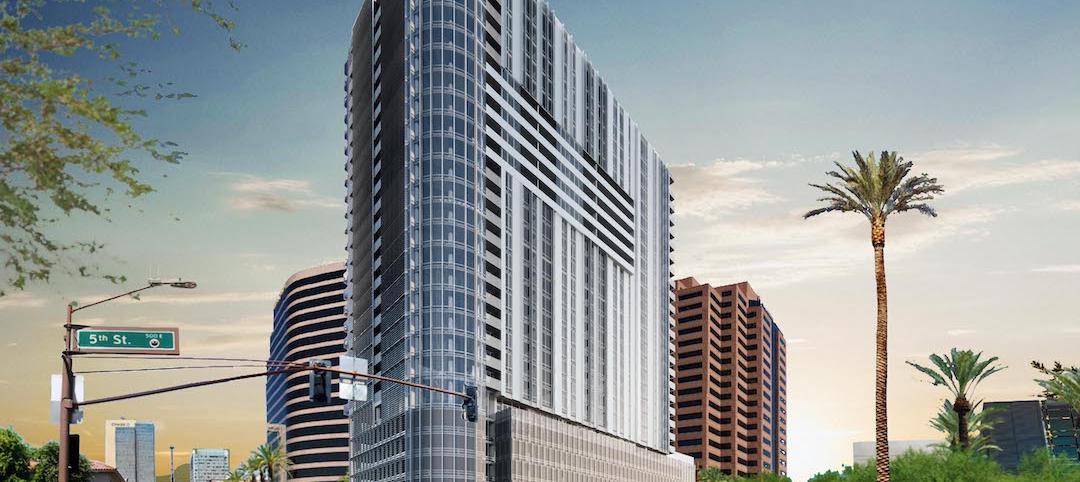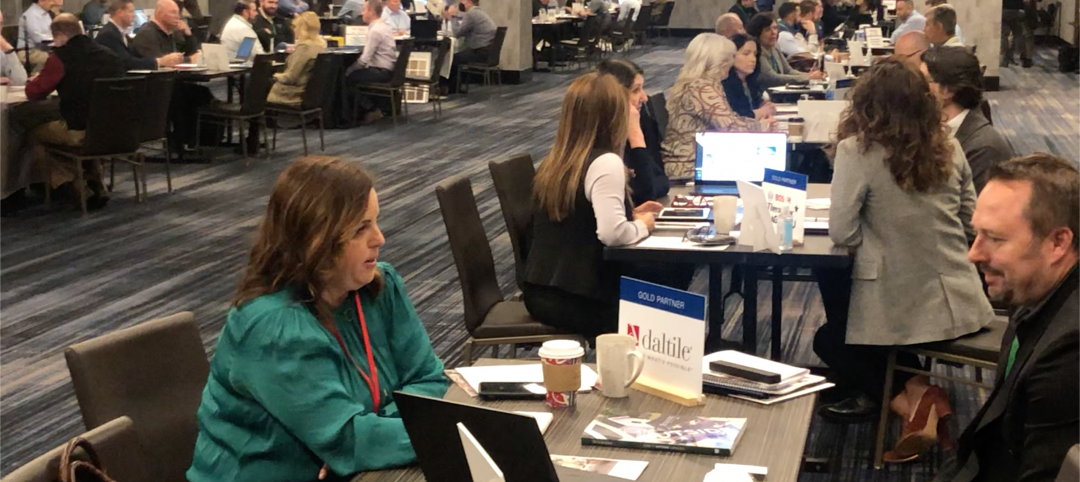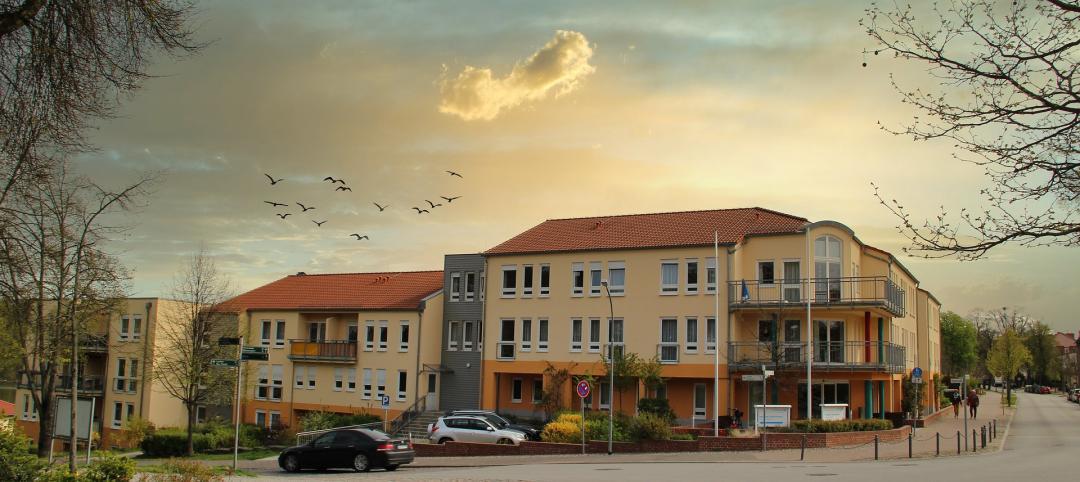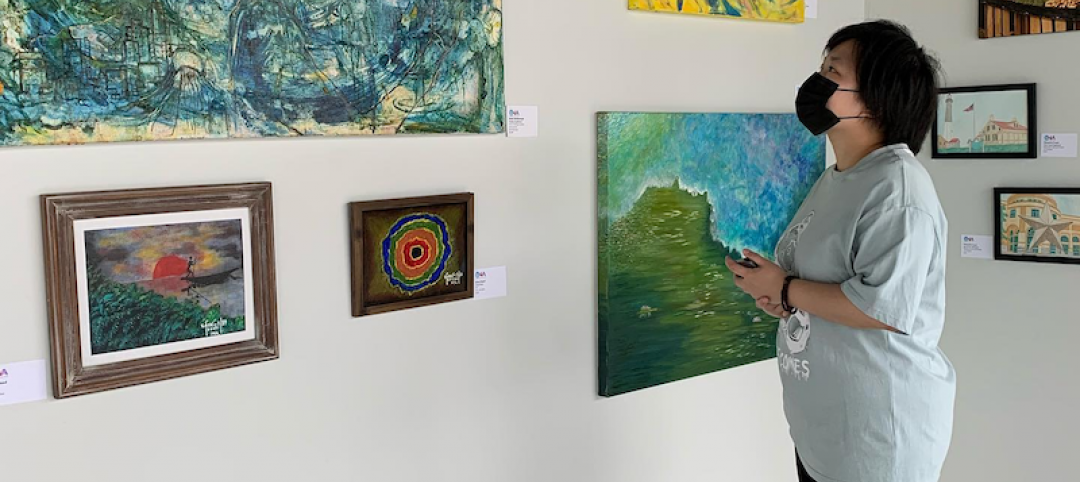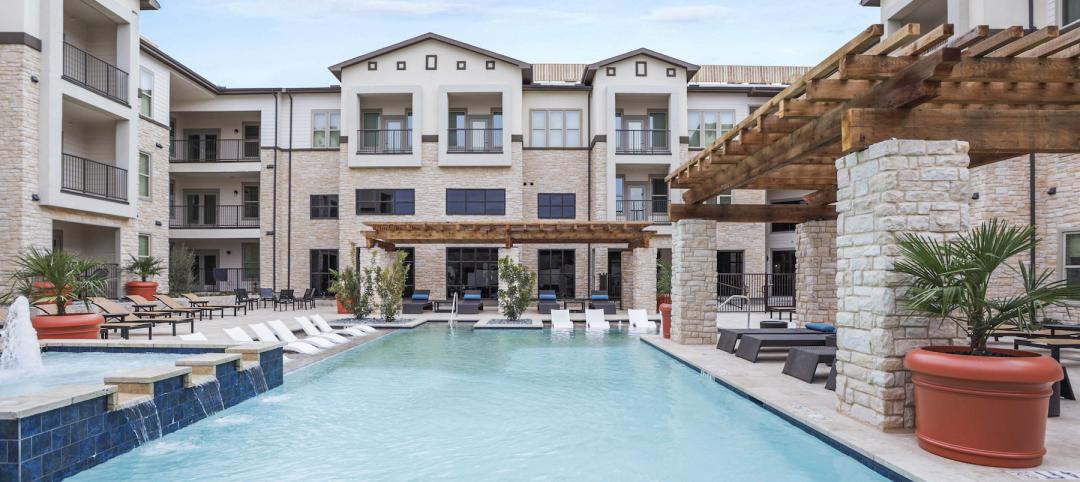HUB 32, a 65-unit multifamily housing development, will provide affordable housing and community amenities in Chicago’s Garfield Park neighborhood.
Brooks + Scarpa’s recently unveiled design takes inspiration from the American tradition of patchwork and quilting. The panels on the building’s exterior create a sense of depth and texture that’s meant to evoke the feeling of a handmade quilt. In addition to providing warmth and comfort, the use of quilting and stitching to inform the design draws on Chicago’s rich textile tradition.
“By incorporating elements of the city’s textile tradition into the design of our building, we hope to create a sense of connection and belonging for our residents,” Brooks + Scarpa says in a statement.
The design of the multifamily housing project also takes cues from the city’s centuries-old history of courtyard buildings. HUB 32 has an elevated courtyard that sits above ground-level commercial space. The courtyard creates usable space at the center of the project, and for the people living around it, the courtyard will provide privacy and safety.
The courtyard also will help the structure fit with its surrounding neighborhood. In addition, the strategic placement of the units and windows will orient the apartments to social spaces that sit apart from each other yet are visually connected to each other and to the street.
Brooks + Scarpa says the building’s design follows its five guiding principles of equity, innovation, a sense of place, environmental stewardship, and community engagement. The design firm says it will partner with local organizations to promote sustainability and support community events and initiatives. “Design excellence … can and should be for everyone,” the firm says in its statement.
On the Building Team:
Owner/developer: KMW Communities and Michaels
Design architect: Brooks + Scarpa
Architect of record: Studio Dwell
MEP engineer: Quest Design Group
Structural engineer: Rockey Structures
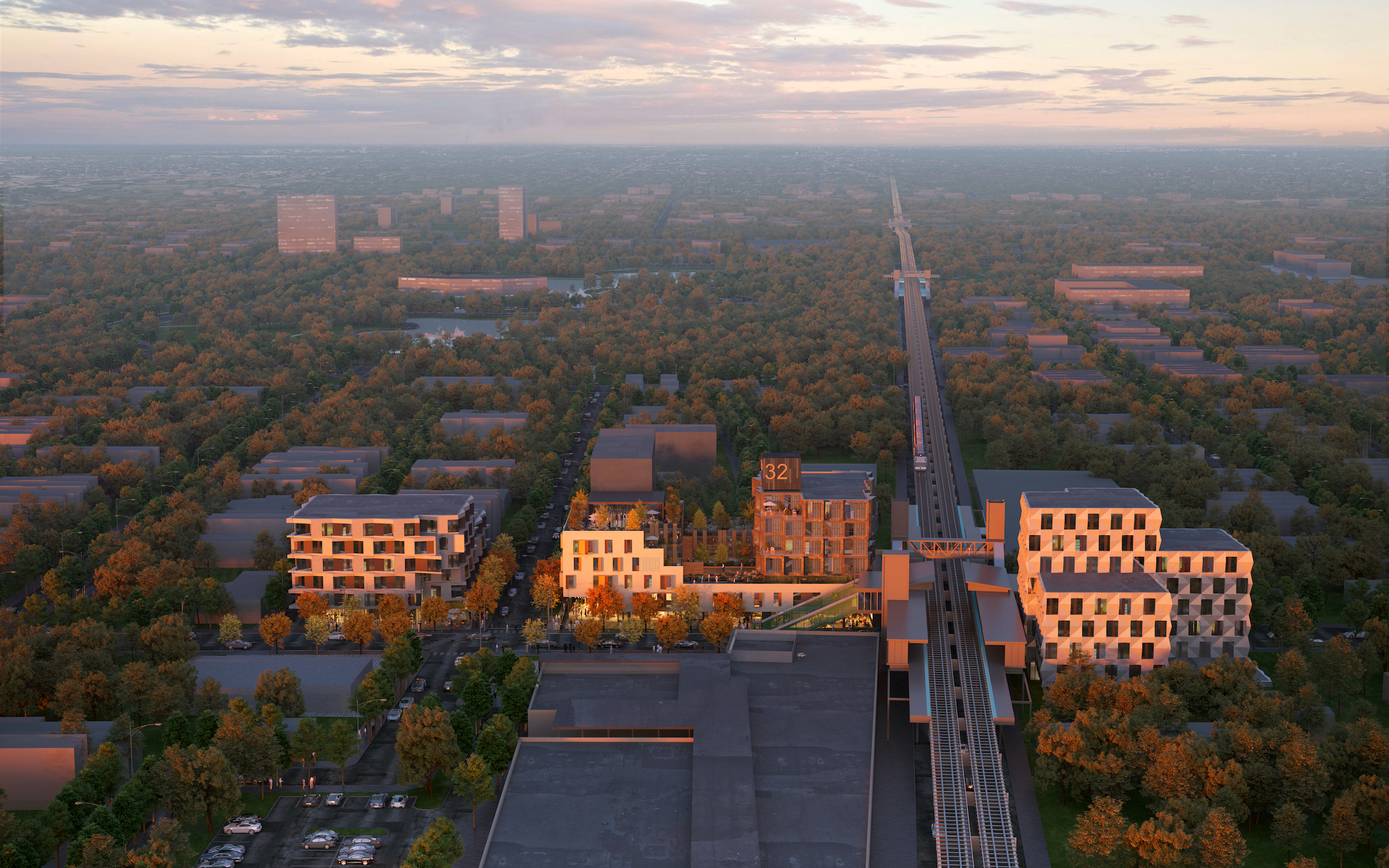
Here is the full design statement from Brooks + Scarpa:
The design of HUB 32, a 65-unit mid-rise residential building in Chicago is inspired by the concept of quilting and stitching. The inspiration came from American patchwork quilting traditions, exemplified by the Gee's Bend abstract geometric style-which is itself influenced by newspaper- and magazine-collages used for insulation on the inside walls of homes in the early rural American.
The exterior of the building is adorned with a series of materials and forms that mimic the appearance of a quilt, with each part representing a different pattern or color. These panels are arranged in a way that creates a sense of depth and texture, evoking the feeling of a cozy, handmade quilt.
The idea behind using quilting and stitching as the basis for the design was to create a sense of warmth and comfort, as well as a connection to the rich textile tradition of Chicago. The city has a long history of textile production, and we wanted to pay tribute to that history by incorporating these elements into the design of our building.
Overall, the building is designed to be a welcoming and comfortable place for its residents. Taking cues from the rich history of courtyard buildings in Chicago such as Pattington Apartments, the building is designed around an elevated courtyard above ground level commercial space. The courtyard typology has existed in Chicago for more than two hundred years. It promotes pedestrian-oriented neighborhoods as an alternative to sprawl, creating usable space in the center of the project, instead of unused, leftover space outside of the building volume.
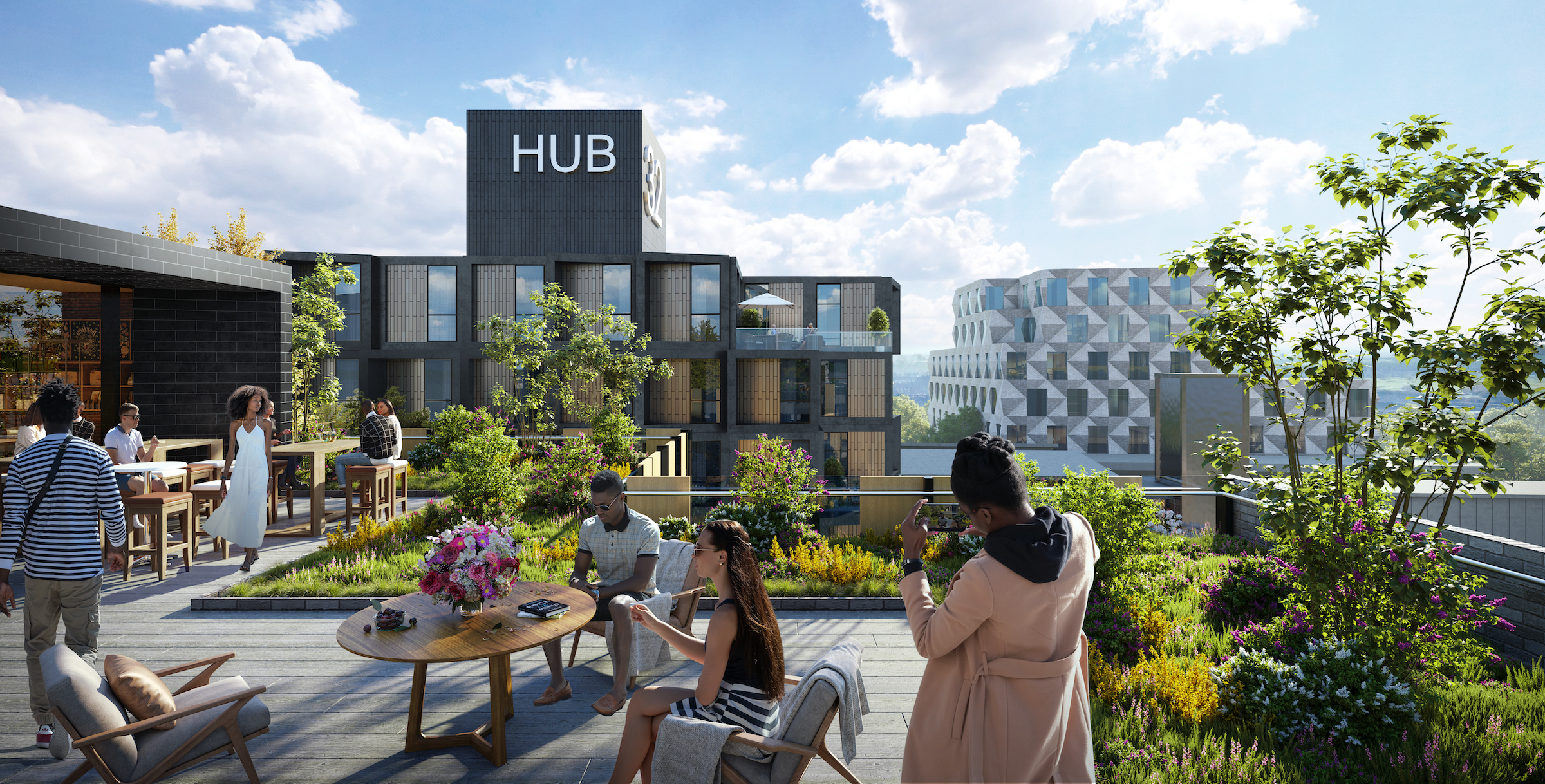
More than any other multi-dwelling housing, courtyard apartments, “make you feel like you belong to a place.” For people living around the courtyard, the space provides a sense of safety and privacy; the courtyard is a quasi-public space that mediates between the home and the street. For the city at large, the courtyard is an urbane housing type that fits well into neighborhoods. Strategically placed windows, purposeful exterior elements and units that wrap the outer-most edges, orient the apartments to social spaces that are spatially apart, yet visually connected to each other and the street below.
In addition, the design of the building follows our five guiding principals: equity, innovation, a sense of place, environmental stewardship, and community engagement.
Design excellence is not mutually exclusive. It can, and should be for everyone. In terms of equity, we are committed to creating a building that is accessible and welcoming to all members of the community, regardless of their background or circumstances.
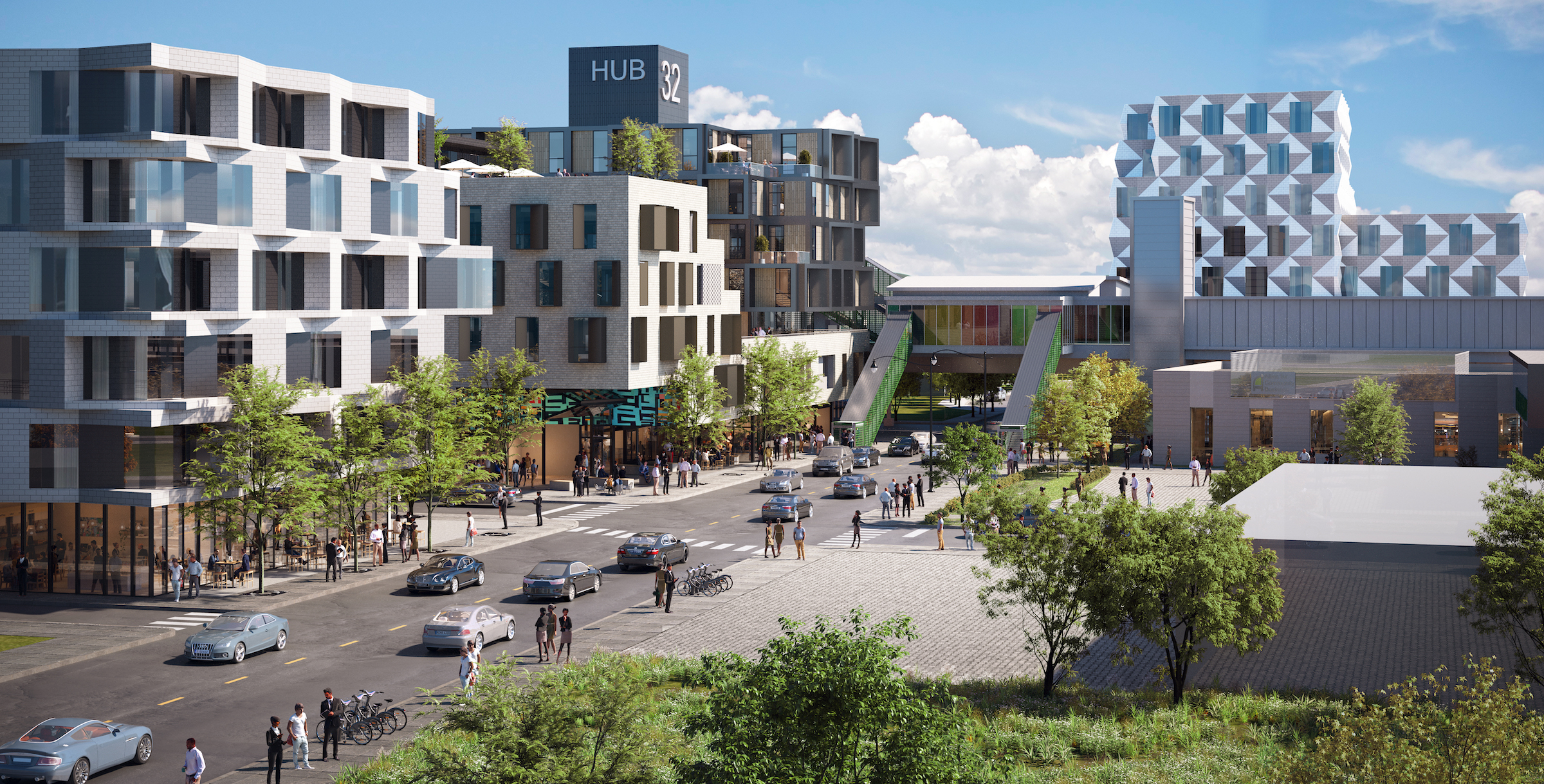
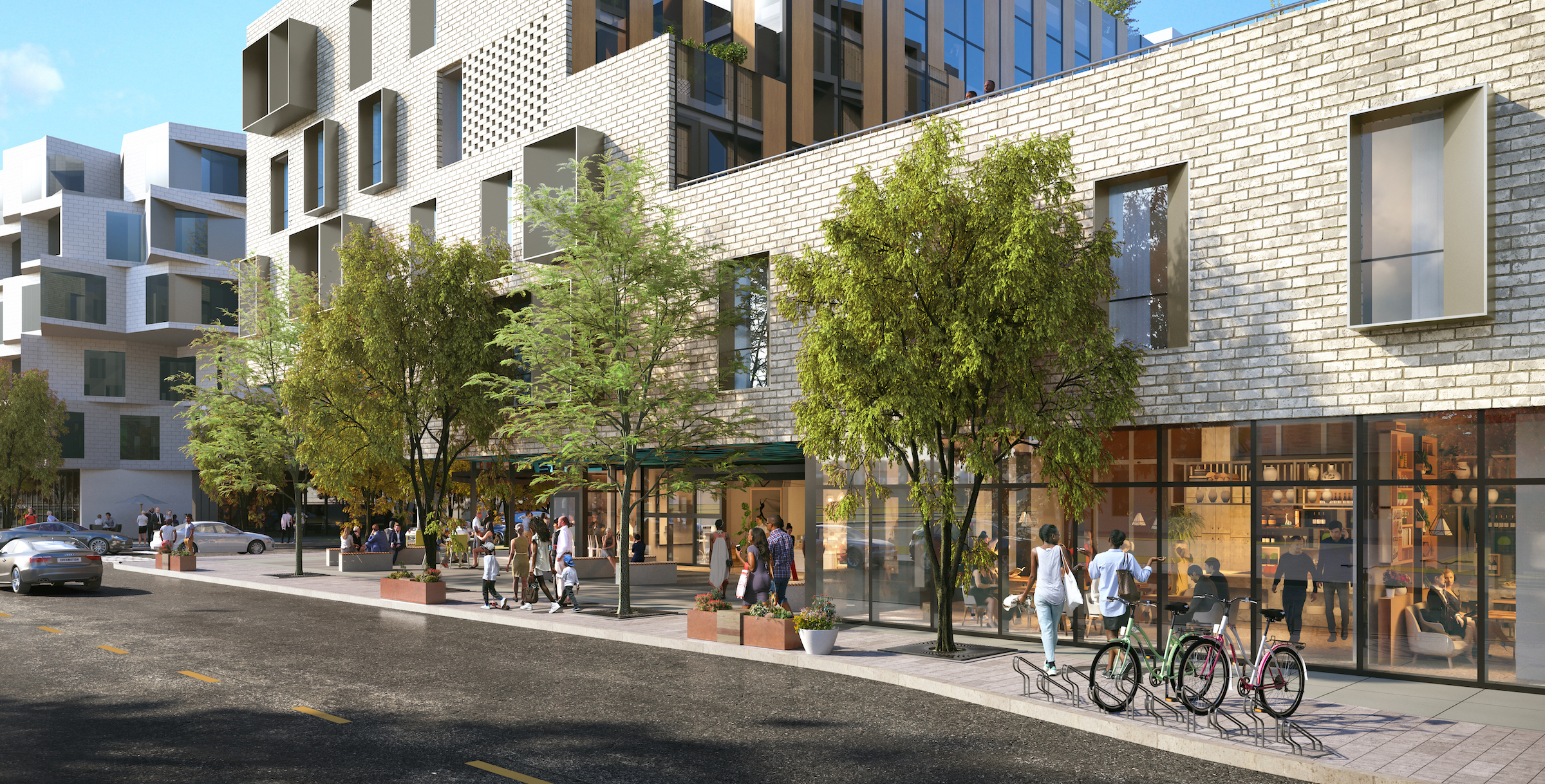
We are also committed to innovation, and are constantly seeking out new ways to improve the design and functionality of our building. This includes incorporating sustainable technologies and materials wherever possible, in order to reduce our environmental impact and provide our residents with a high-quality living experience. We embrace a creative approach to design and problem solving.
A sense of place is important to us, and we want our building to be a reflection of the unique character and history of Garfield Park and the City of Chicago. By incorporating elements of the city's textile tradition into the design of our building, we hope to create a sense of connection and belonging for our residents.
Finally, we are committed to environmental stewardship and community engagement. We believe that it is our responsibility to be good stewards of the environment and to work together with the community to create a better future for everyone. This includes initiatives such as partnering with local organizations to promote sustainability and supporting community events and initiatives.

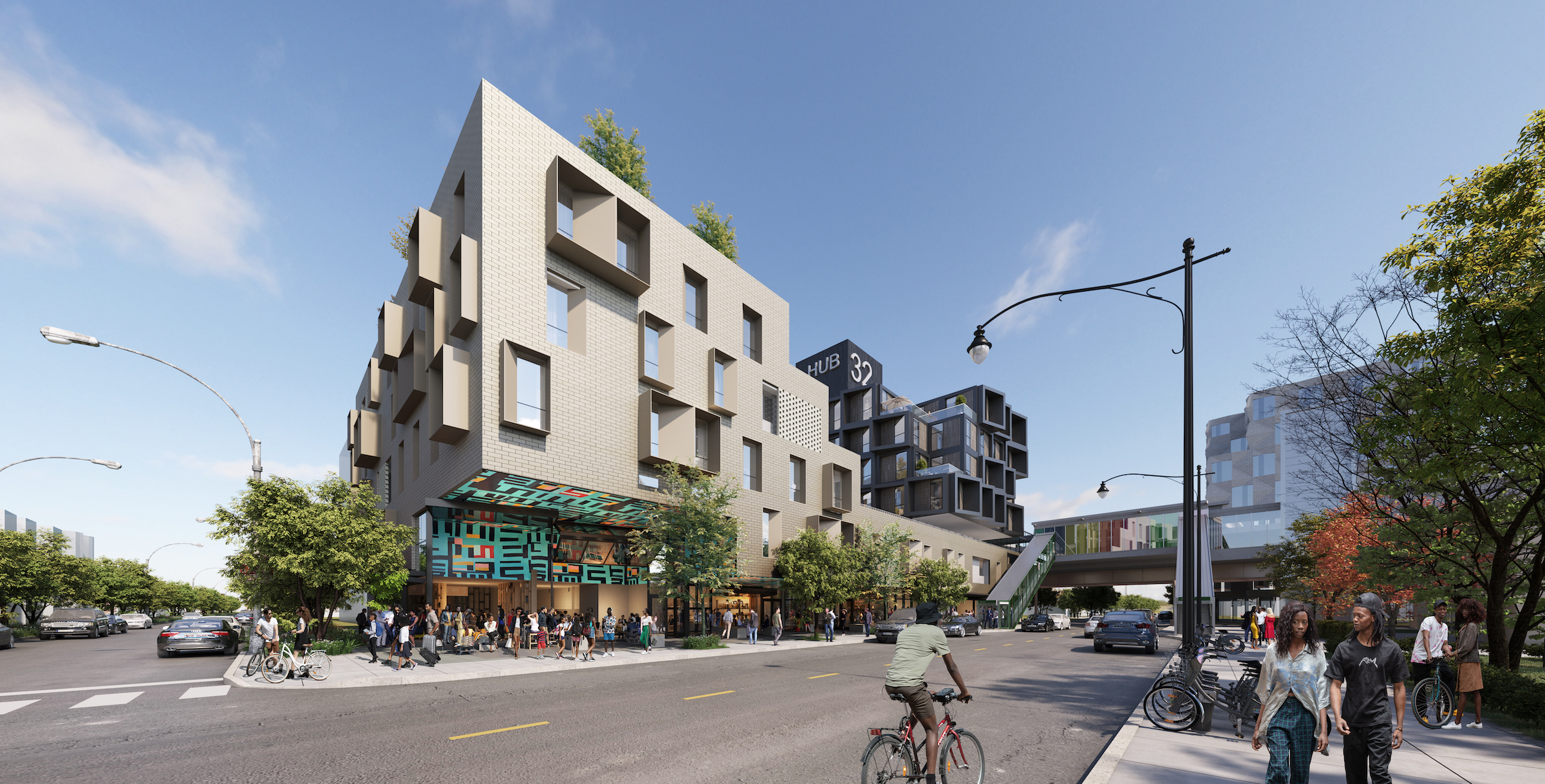
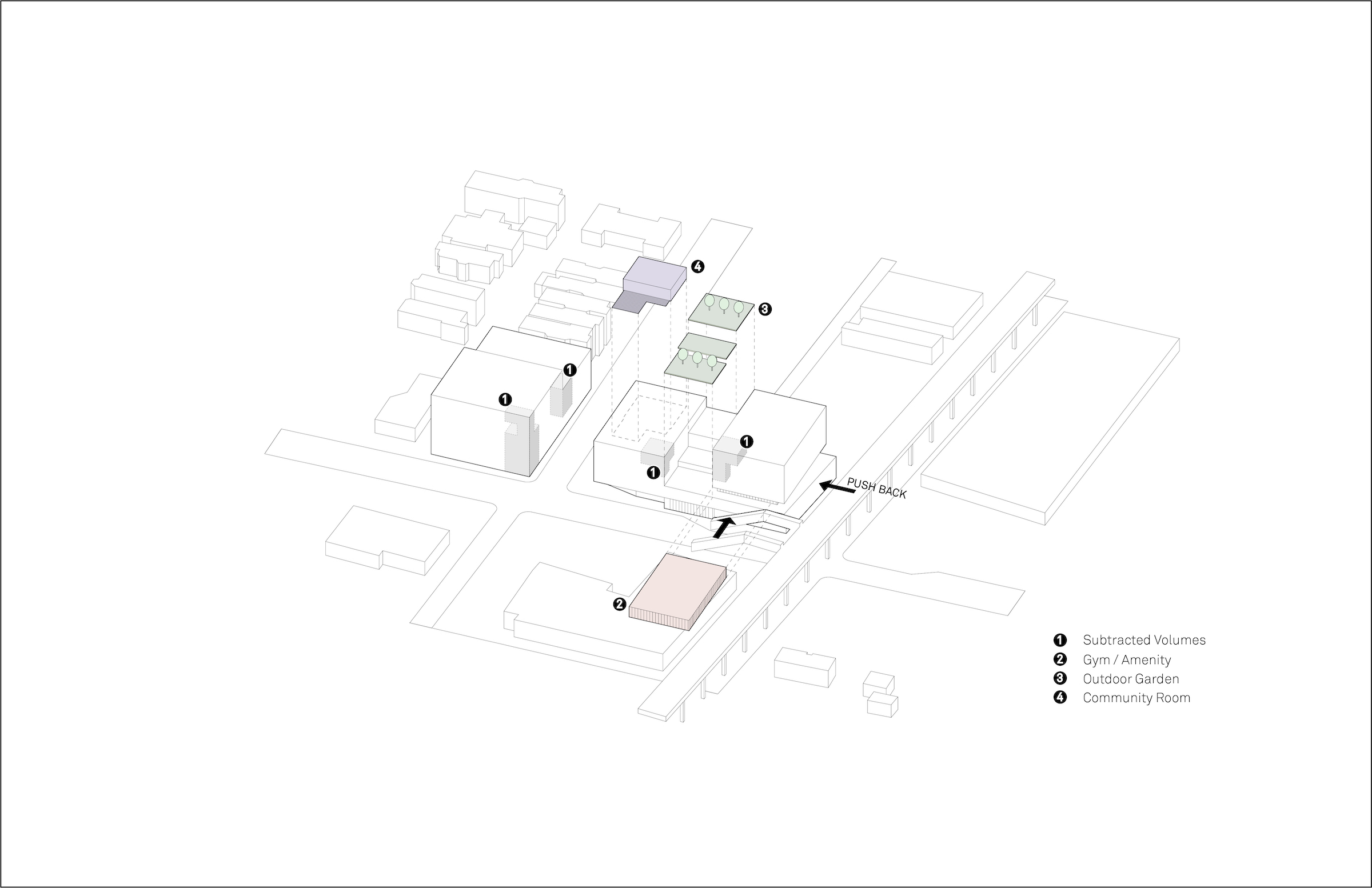
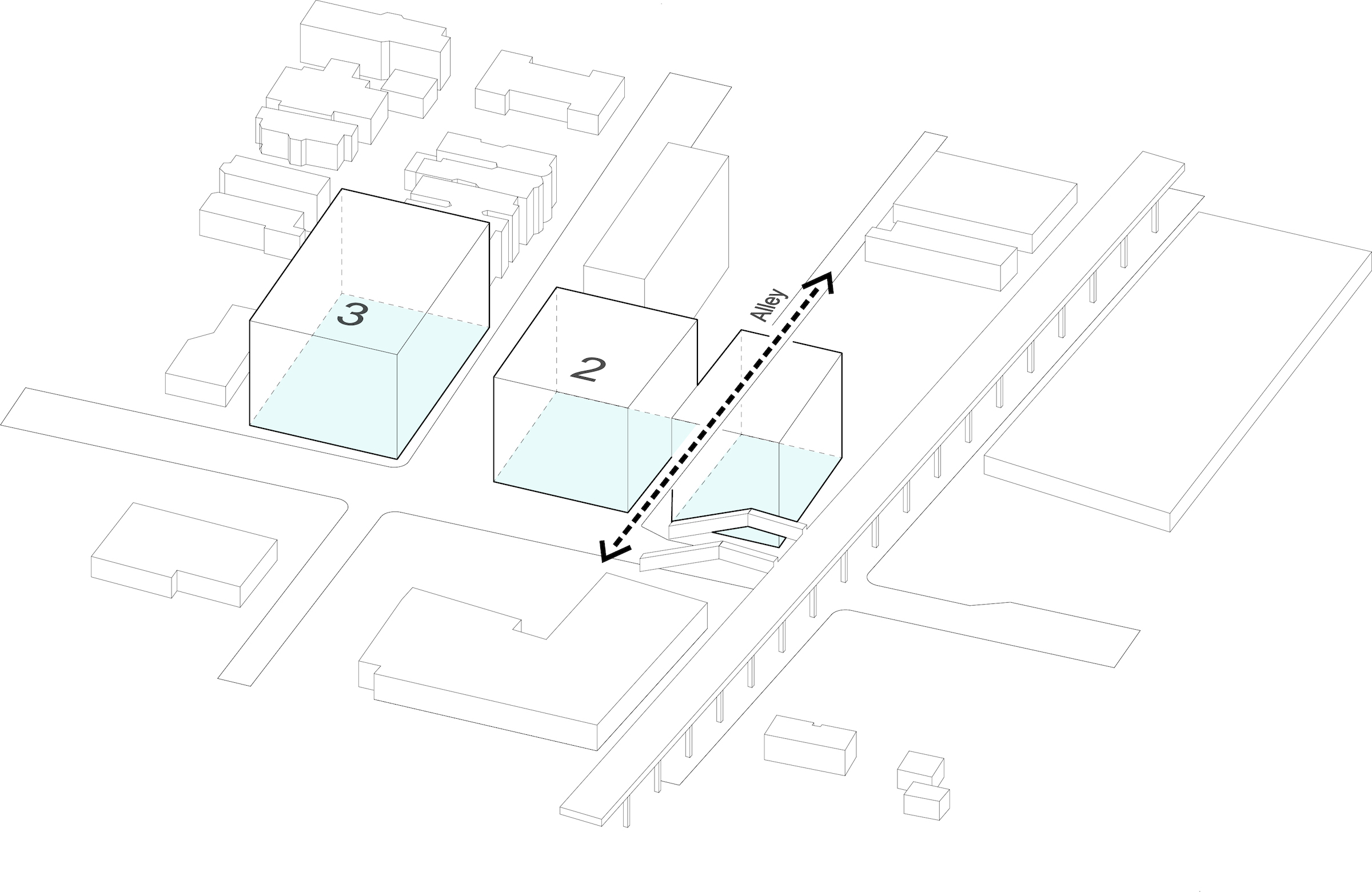
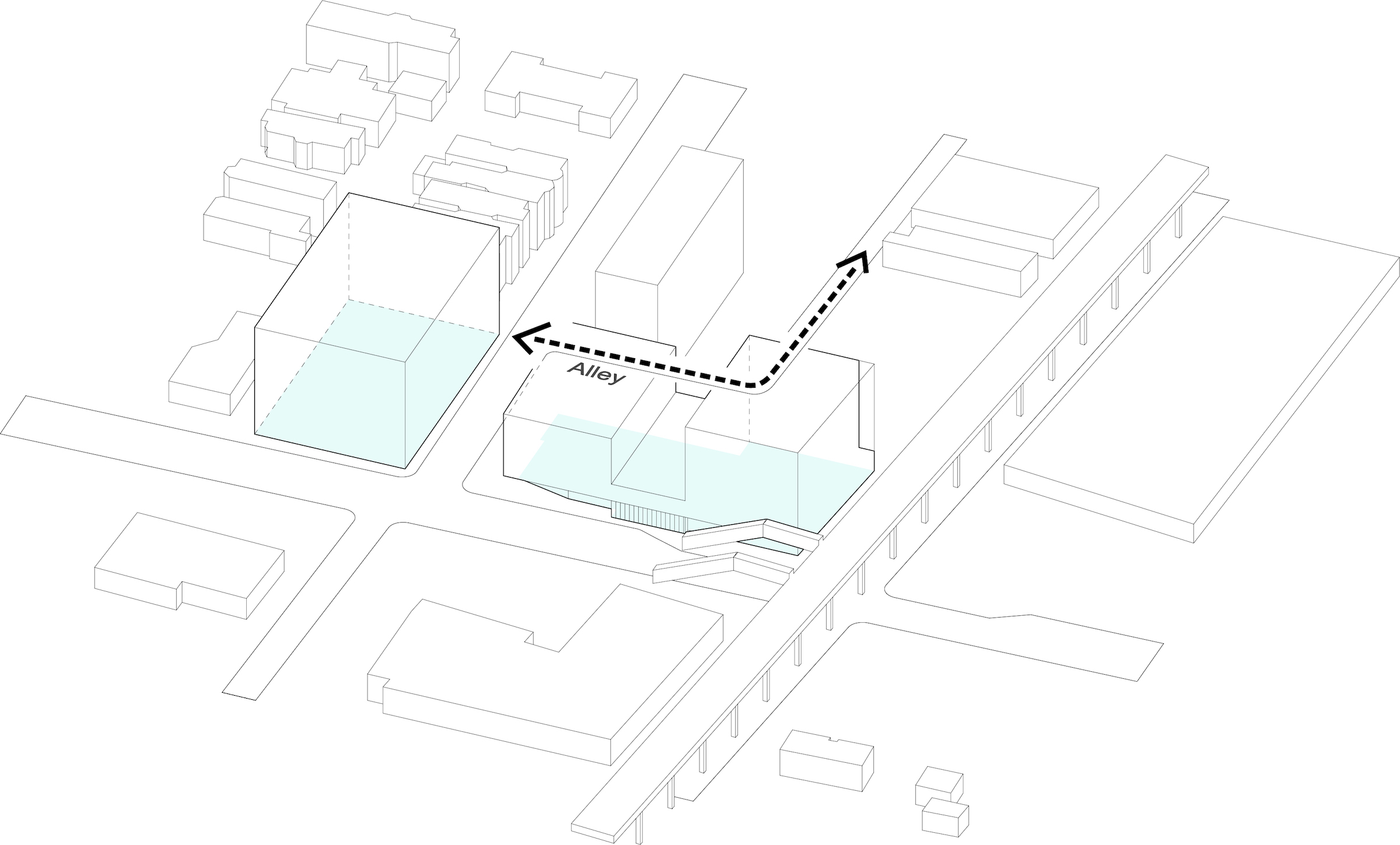
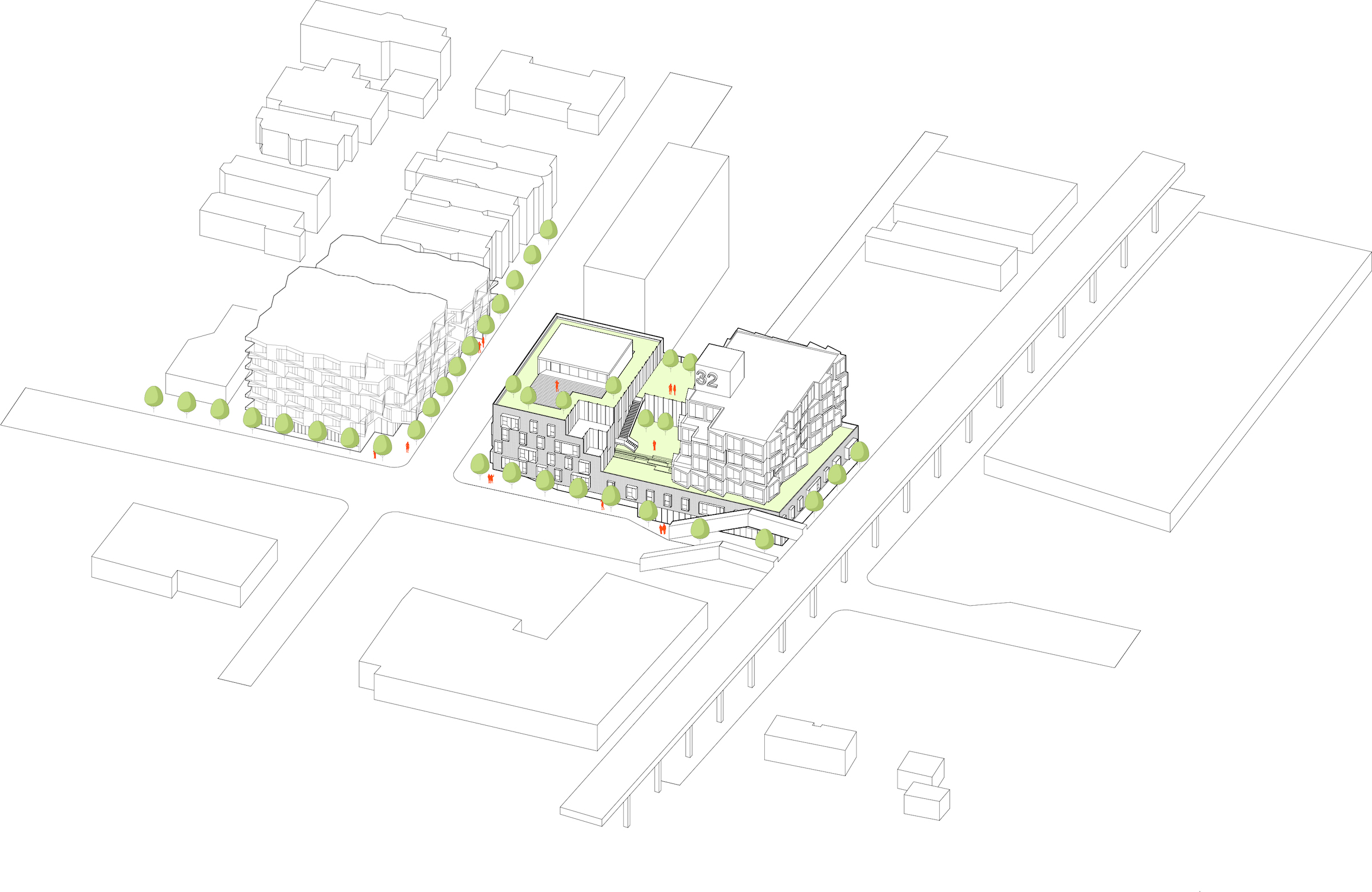
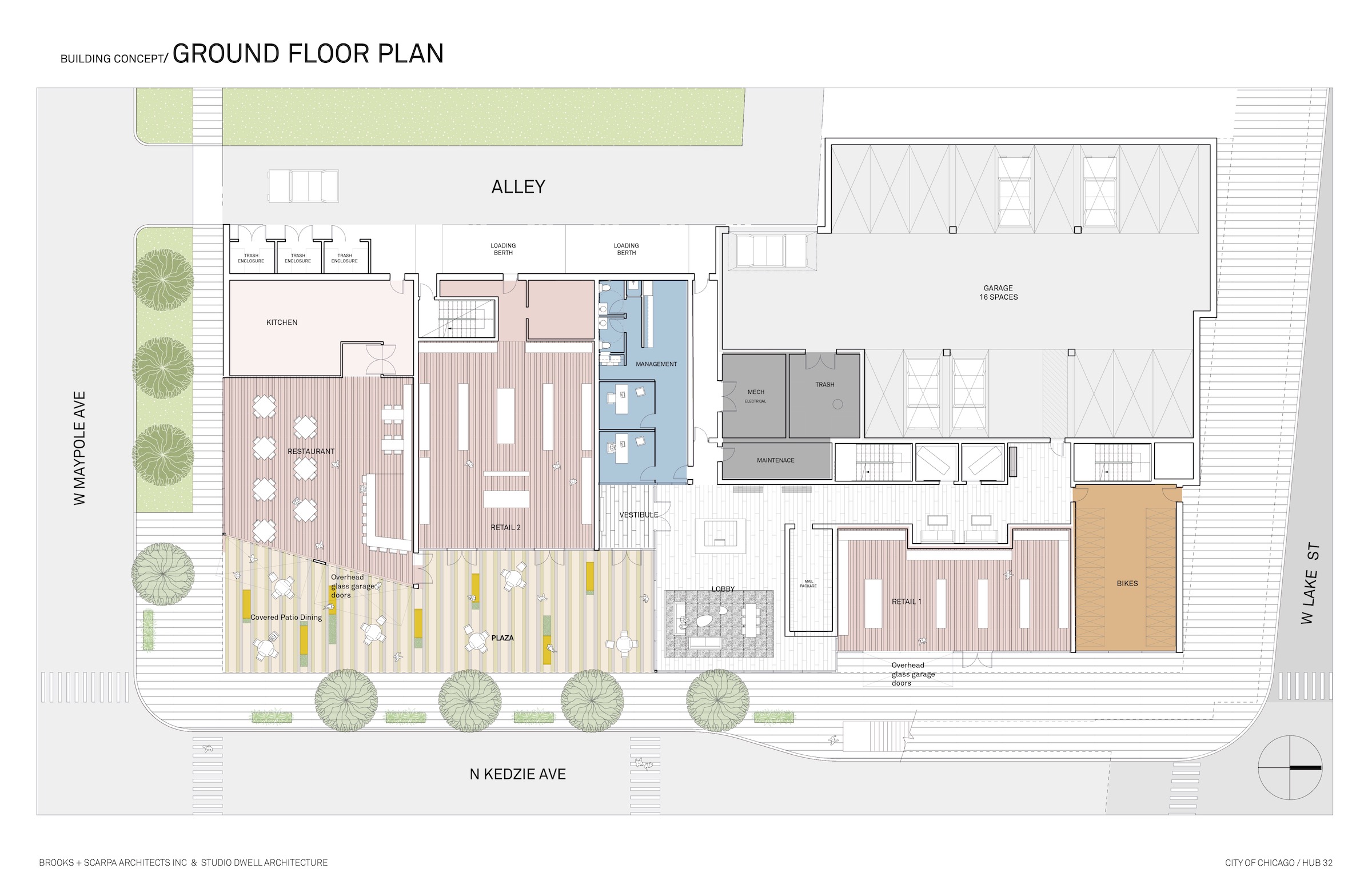
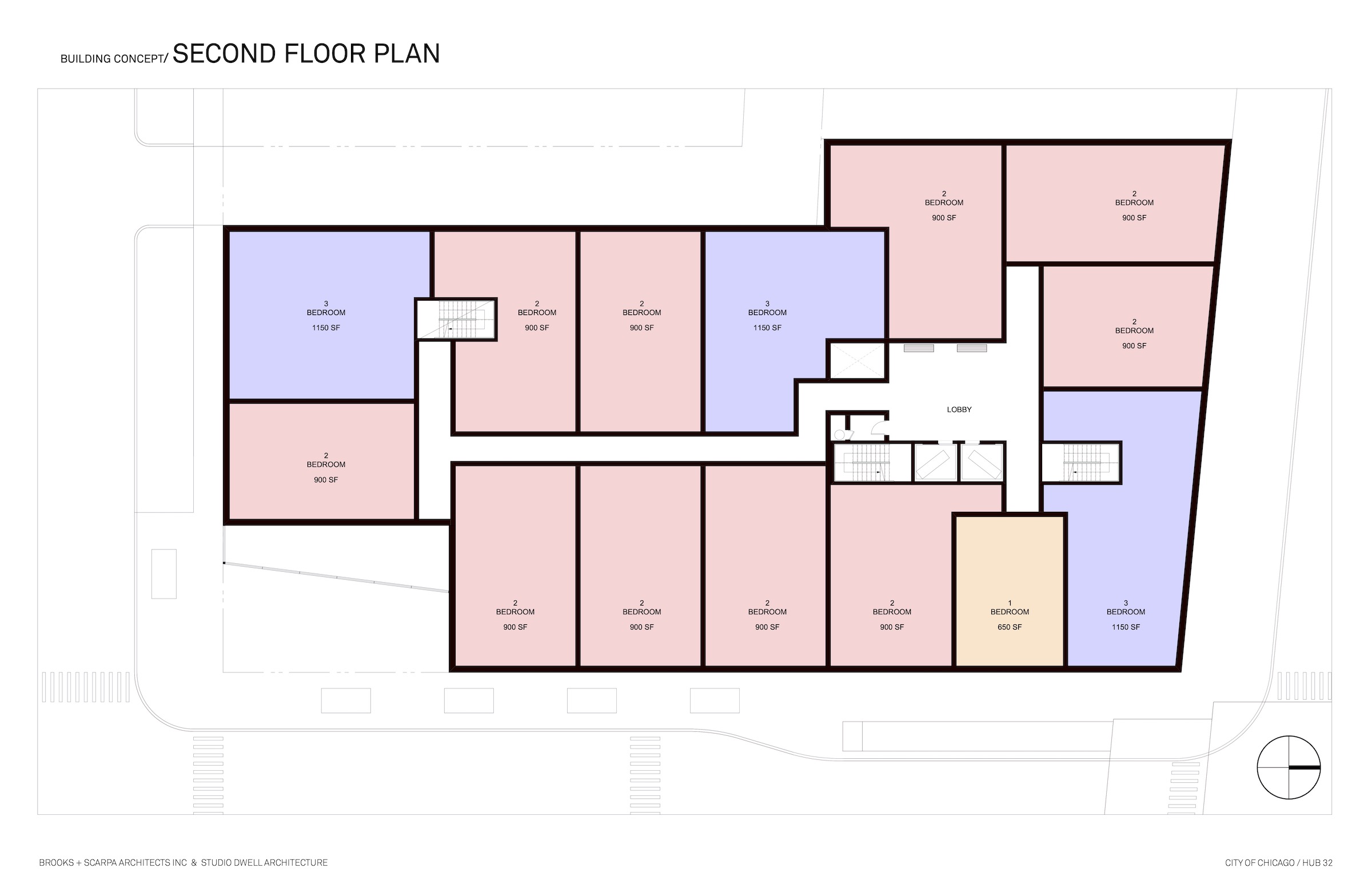
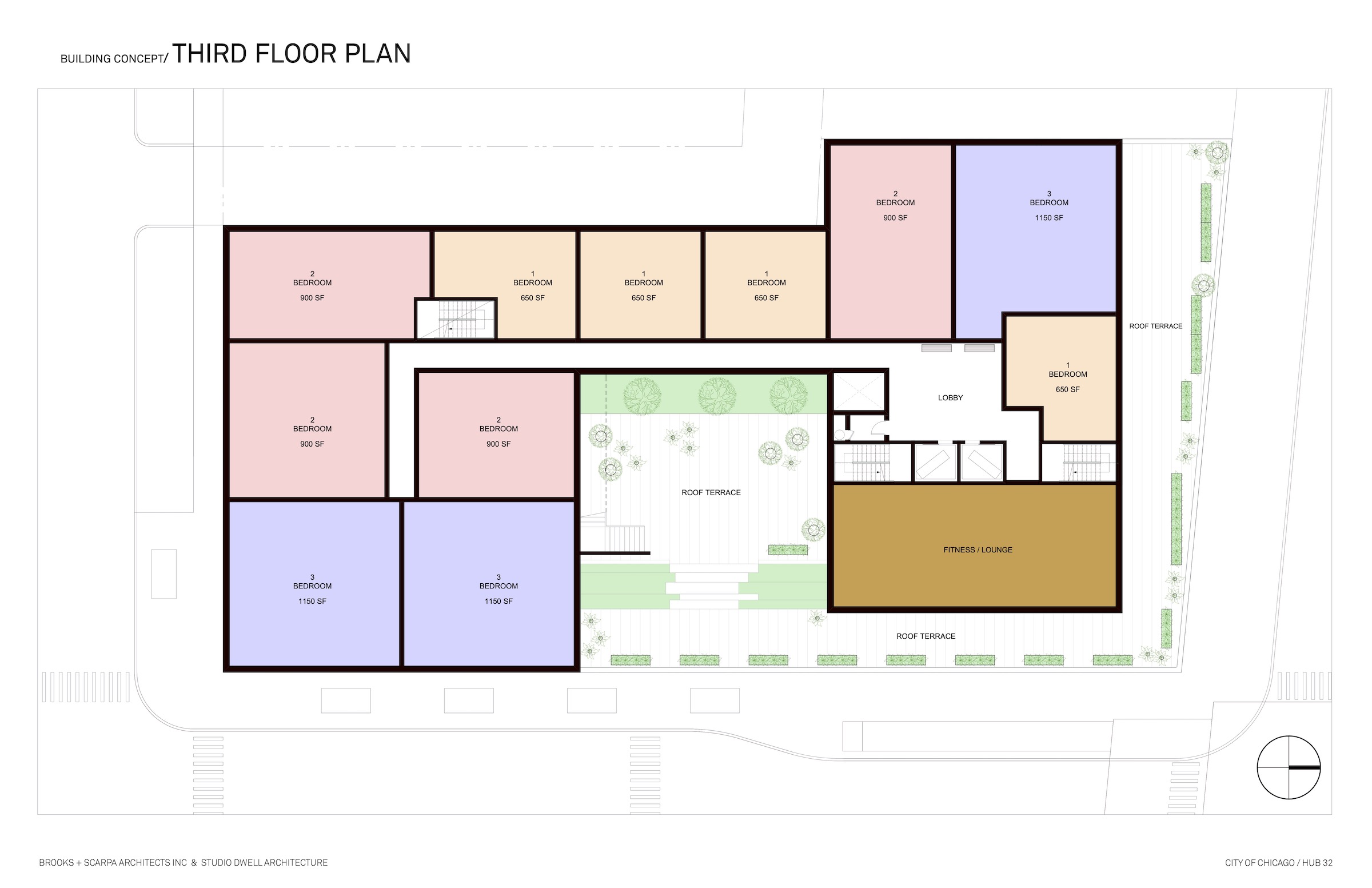
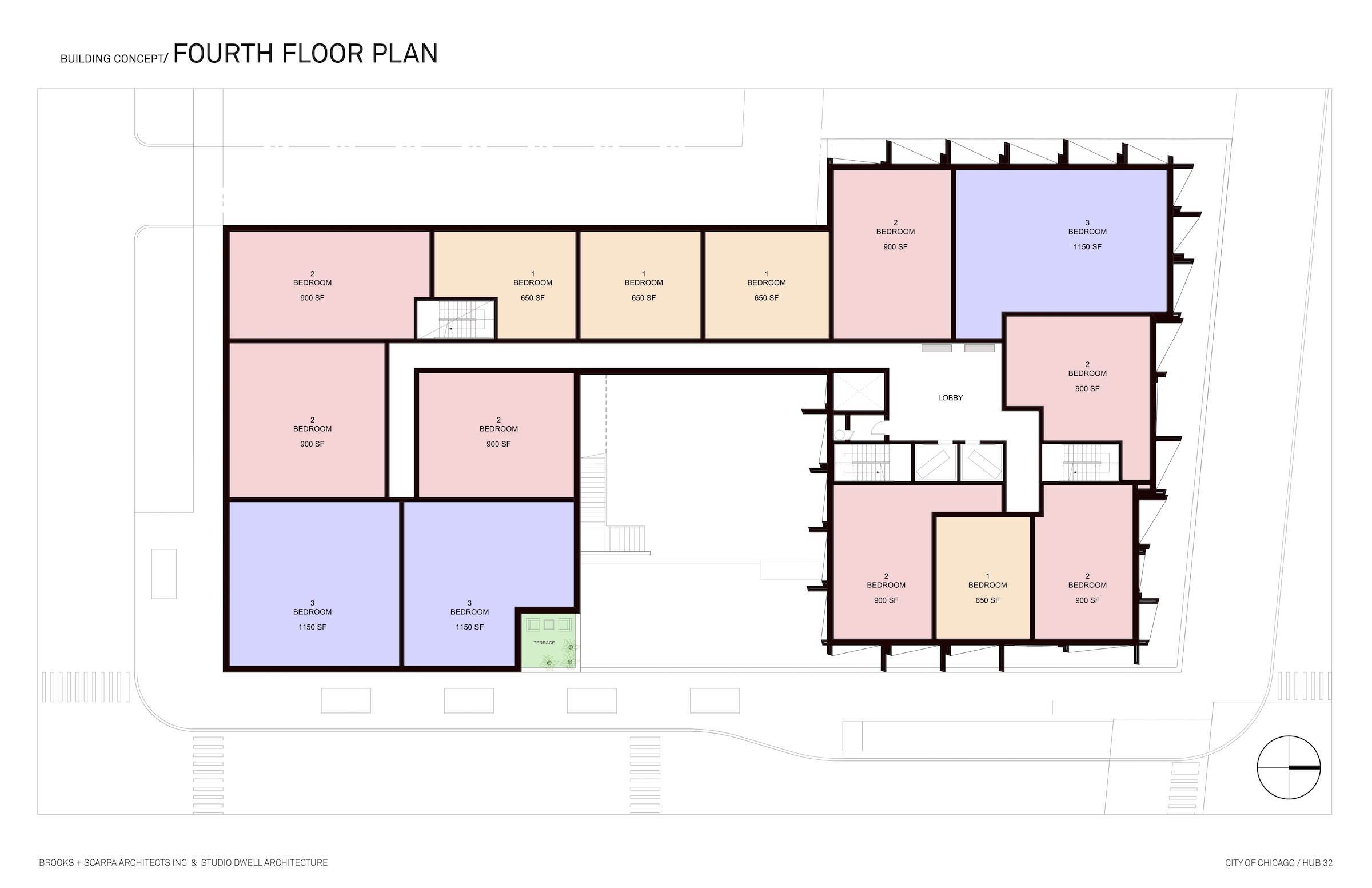
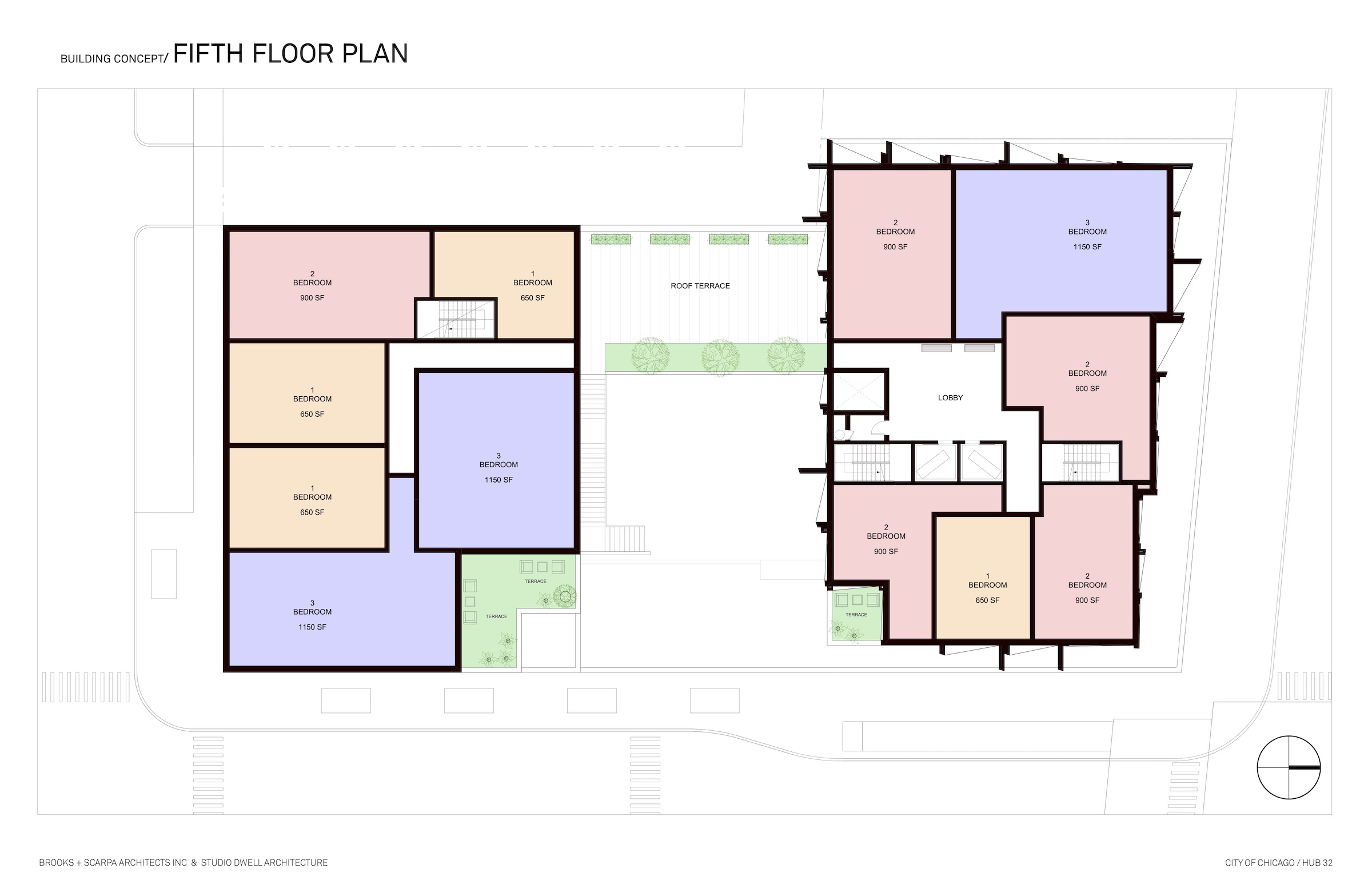
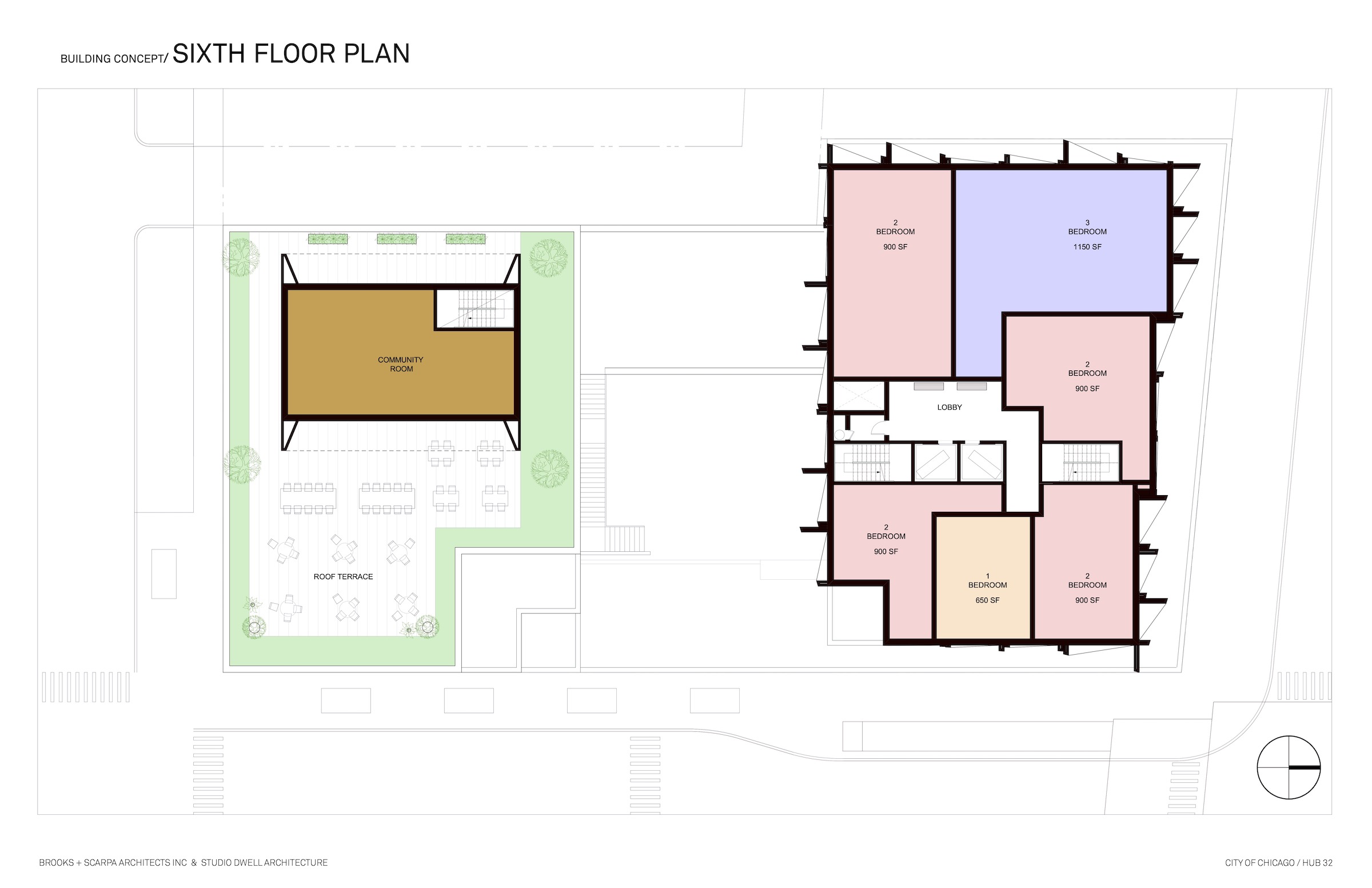
Related Stories
3D Printing | Jan 12, 2022
Using 3D-printed molds to create unitized window forms
COOKFOX designer Pam Campbell and Gate Precast's Mo Wright discuss the use of 3D-printed molds from Oak Ridge National Lab to create unitized window panels for One South First, a residential-commercial high-rise in Brooklyn, N.Y.
Multifamily Housing | Jan 12, 2022
Nabr, co-founded by Bjarke Ingels, looks to reimagine the future of urban living
The company’s first development is slated to break ground in summer 2022.
Multifamily Housing | Jan 12, 2022
Construction begins on downtown Phoenix’s PALMtower
The multifamily tower will rise 28-stories.
ProConnect Events | Jan 8, 2022
ProConnect Events 2022: Multifamily, Sustainability, Education, and Single Family – watch the video to learn how to participate!
At ProConnect events, building product manufacturers meet with AEC professionals and real estate developers to discuss upcoming building projects, new products, and technical solutions.
Senior Living Design | Jan 5, 2022
Top Senior Living Facility Design and Construction Firms
Perkins Eastman, Kimley-Horn, WSP USA, Whiting-Turner Contracting Co., and Ryan Companies US top BD+C's rankings of the nation's largest senior living sector architecture, engineering, and construction firms, as reported in the 2021 Giants 400 Report.
Multifamily Housing | Dec 22, 2021
This will be Fort Lauderdale’s Tallest Building
ODA is designing the project.
Multifamily Housing | Nov 29, 2021
Arthaus residential units and community art gallery debut in Allston, Mass.
PCA-designed residential community includes 74 apartments, 9 condos by The Mount Vernon Company.
Sponsored | Multifamily Housing | Nov 24, 2021
MagicPak HVAC System: More Desirable Living, Dramatically Less Time
When tapped to create a modern 280-unit residence in downtown Philadelphia, modular builder Volumetric Building Companies used the MagicPak All-in-One™ HVAC system to optimize square footage, expand rooftop amenities, improve the exterior aesthetics and simplify ongoing maintenance – all with 60 percent less onsite HVAC install time than a traditional split system.
Giants 400 | Nov 18, 2021
2021 Multifamily Sector Giants: Top architecture, engineering, and construction firms in the U.S. multifamily building sector
Clark Group, Humphreys and Partners, and Kimley-Horn head BD+C's rankings of the nation's largest multifamily building sector architecture, engineering, and construction firms, as reported in the 2021 Giants 400 Report.
Sponsored | | Nov 15, 2021
How TDK Construction Saves Time and Money with EXACOR™ MgO Panels: Getting in on the Ground Level
Smart decisions made at the start of multifamily design-builds can improve efficiency on the job site, keeping projects on-time and on-budget, so you can make your properties profitable sooner. TDK Construction did just that on a recent luxury apartment project in Tennessee.


